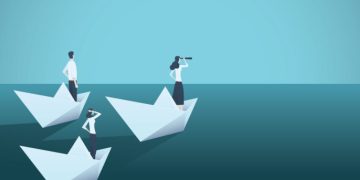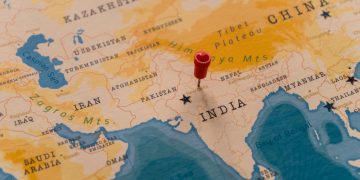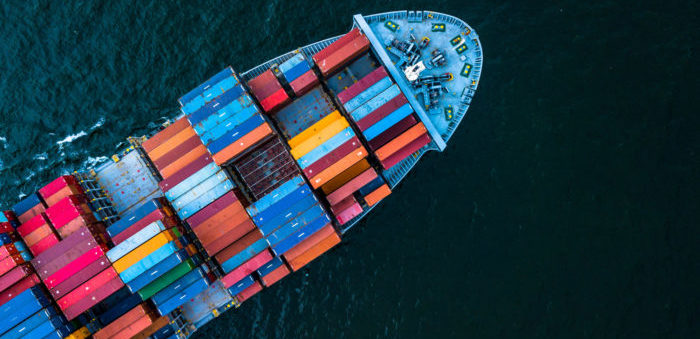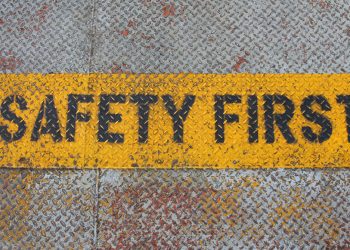Proper and timely liquid cargo sampling is one of the most important tasks for the crew members on vessels to prevent cargo contamination and exposure to relevant claims. Thus, Skuld provides its insights on sampling of liquid cargoes, focusing on safety precautions prior to sampling, on sampling equipment and on the key locations on sampling onboard a vessel.
To begin with, chemical and board tankers often carry chemical cargoes, petroleum products, vegetable oils and other fats.
A challenging issue that the industry has to cope with is the contamination of the cargo, as liquid cargoes onboard vessels are exposed to influences such as temperature change, contact with air, light, pollutant, or other products. Moreover, the contamination can also occur from failure in the production process and exposure to external substances from shore tanks and shore lines, as well as remnants of previous cargoes or wash water onboard the vessel.
Cargo inspectors will be present on board the vessels to take samples from the cargoes at both the load- and discharge ports for quality check.
Usually, the sampling process is conducted from the company’s perspective and interests. Thus, crewmembers are responsible for collecting their own samples to protect the vessel’s interests. Timely and proper sampling of liquid cargoes is essential of the vessel management team to observe.
In light of the challenges above, Skuld provides some recommendations to improve the sampling methods. In essence, the Club proposes:
- Safety precautions before sampling:
(a) Prior to conducting the procedure, the crewmembers should familiarise themselves with the specific nature and associated hazards of the liquid cargoes for carriage, by carefully studying the information available on the Material Safety Data Sheet (the MSDS), which is provided to the captain from the shippers prior to the operation.
(b) Crewmembers should also wear minimum Personal Protective Equipment (PPE) such as goggles, chemical resistant gloves, boiler suits and shoes when drawing samples. Filter masks, breathing apparatus and chemical resistant suits may be required, depending on the cargo to be sampled.
(c) The crew should consult the company’s Safety Management System (the SMS) for further instructions prior to sampling.
- Sampling equipment should include:
Correct bottles
Stainless steel dip weights
Stainless steel weighted cage (with cork)
Clean cotton ropes / stainless steel chains
Bottom samplers
Closed samplers
Sample bottles are available in different sizes, colours and materials. Chemicals are usually sampled using 250 ml, 500 ml or 1 litre transparent glass bottles.
Chemicals that are sensitive to light should be drawn in amber or green bottles. To avoid having glass shards in the sampled product, liquids cargoes for consumer purpose should not be sampled in glass bottles. The MSDS would be helpful for crew members to understand some of the specific features and sampling guidelines.
- Key locations for sampling on board the vessel
Shore tank(s) at the load port
End of the shore line at the load port
End of the loading arm at the load port
Manifold sample
Sample from the ship’s line at the pump stack
First foot sample
Completion of loading
The manifold is generally the first accessible point for the ship’s crew to take their own samples. The manifold sample represents the condition of the cargo as received by the vessel. Crew members should, consider the manifold sample as the most essential sample in their sampling programme.
- Relaxation period
The relaxations period is crucial before the sample bottles/cans are lowered into the vessels is necessary as static loads can be accumulated in some cargoes during the loading process. In that way, relaxation can avoid any potential electrical charge separation, which may generate sparks and lead to explosions in the cargo tanks.
A standard relaxation period after loading of static accumulators is at least 30 minutes.
- Correct labelling of samples
Correct labelling helps crew members to properly identify the sample at a later stage. Sample bottles should also be sealed.
The following information should be included on the labels:
- Name of the vessel
- Name of the shippers
- Port of loading
- Cargo name
- Tank number
- Exact date and time at which the sample was taken
- Identity of the sample (Manifold, pipe line, first foot etc.)
- Seal number
- Identity of person drawing the sample
- Signature from C/O and preferably the cargo inspector
- Sample log and sample storage
All samples should be recorded in the sample log and the details should be the same as those on the sample labels. Both the samples taken from the crew members on the vessel and the ones provided by the cargo inspectors and/or shore representatives should be listed in the sample log.
In addition, the Club proposes that all samples should be stored in specific samples locker, far from the accommodation area. The locker has to be dark, well ventilated and away from any sources of heat.
The storage space in the locker should be made of materials that are fully resistant to the stored chemicals and should be cell divided in order to avoid shifting throughout the journey.

































































